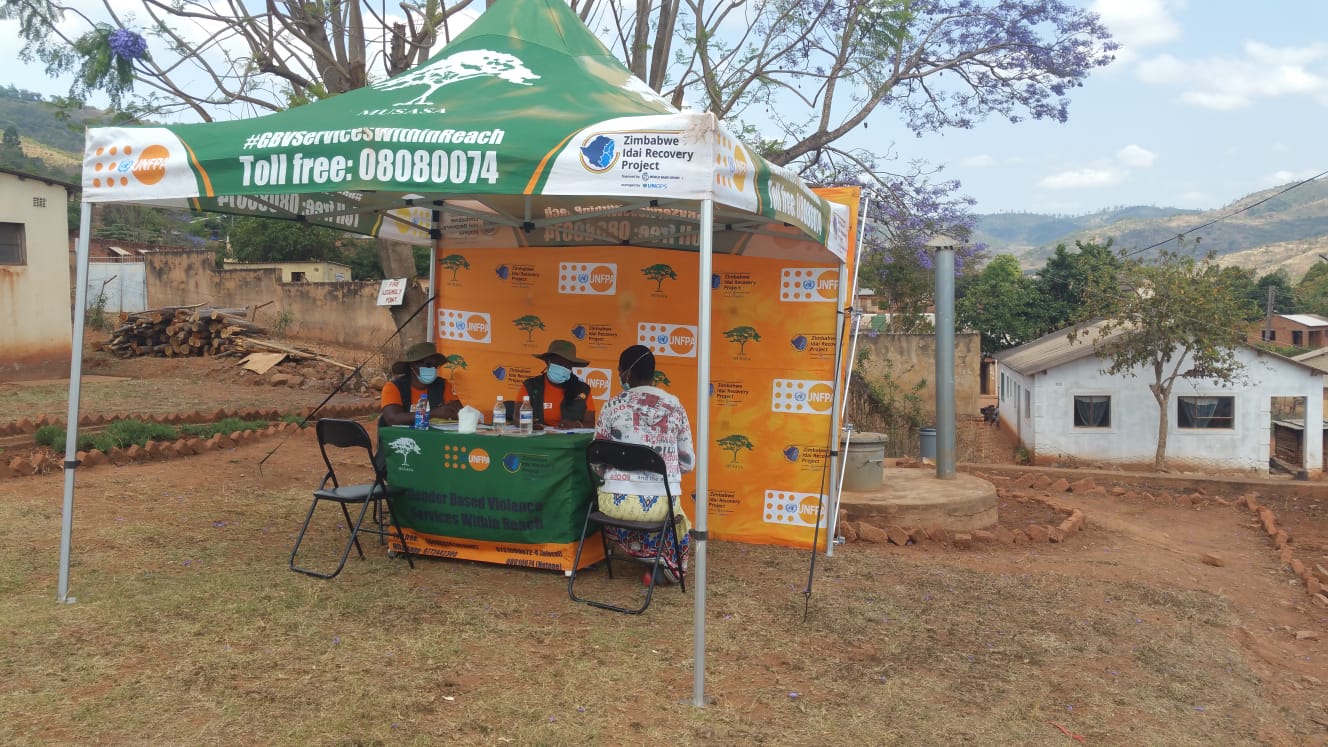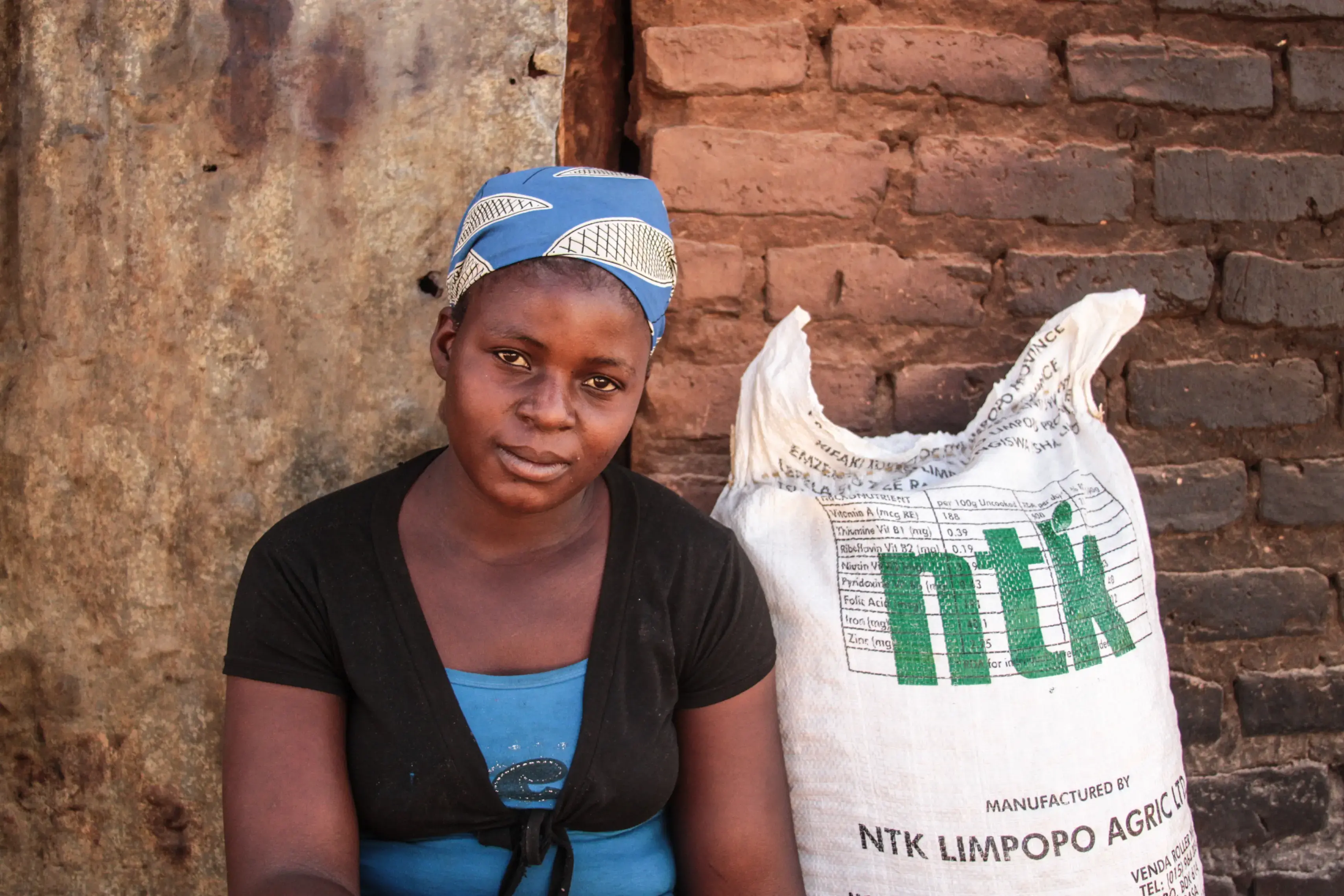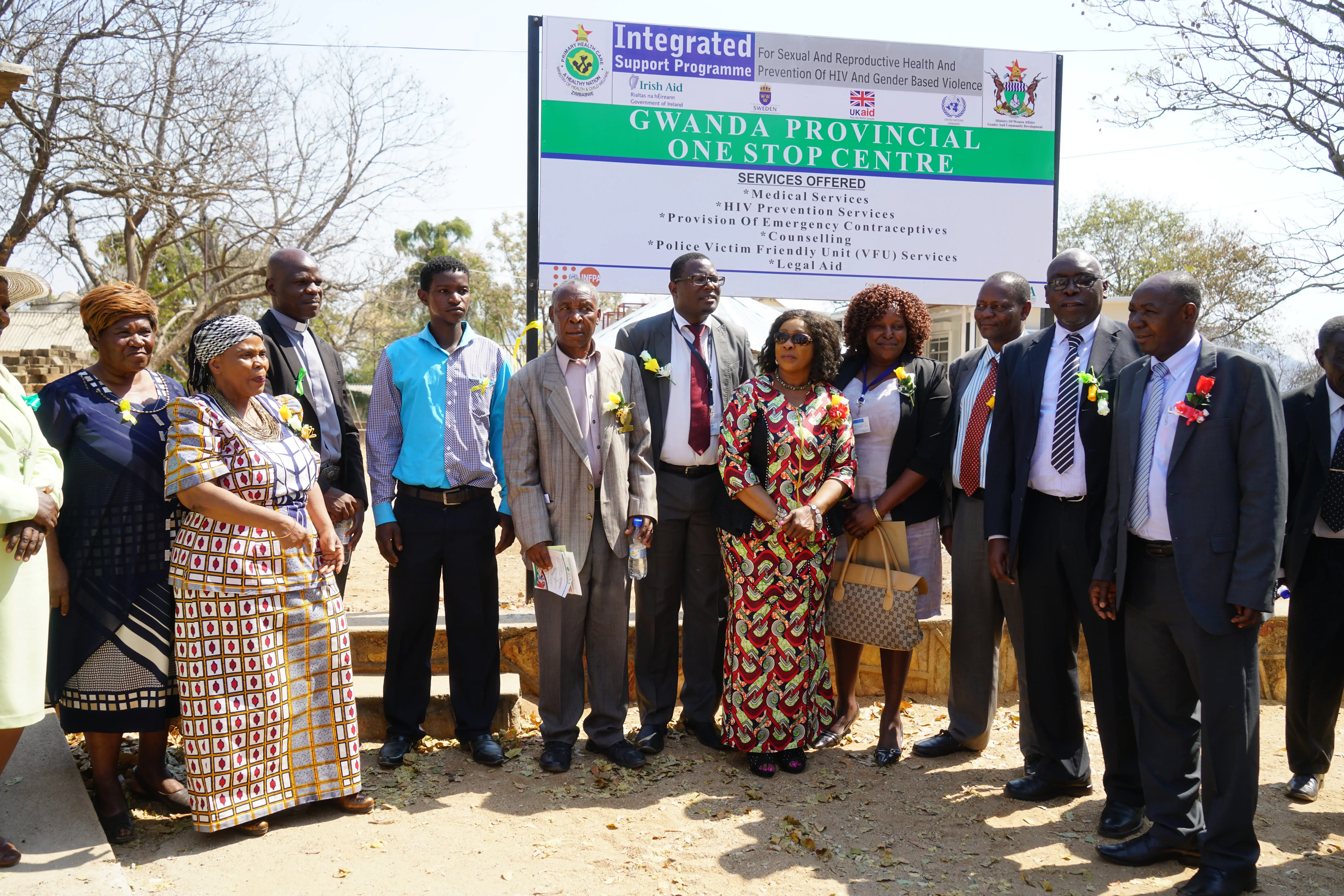Chipinge, Zimbabwe, 6 May 2022 – For 56 year old Esnath Masinga from Hortburg (not her real name) the death of her husband brought about an unusual form of property grabbing. In her community issues of property grabbing when a woman’s husband dies is normally at the hands of relatives. Property grabbing is when relatives of a person who has died forcefully acquire their property by fraud or force. This is normally faced by women or minor children who have lost their parents as the relatives feel entitled to what the deceased owned. For women, it comes from the tradition that they have no right to own land or property in their husband’s families.
Esnath described how soon after her husband’s death, a male neighbour started threatening and verbally abusing her with the intention to force her to leave her home and fields so that he could occupy them. Her neighbour also went on to construct a toilet on her land and began doing farming activities.
Esnath reported the matter to the police but this did not stop the abusive neighbour from continuing with the violence he was perpetrating against her. Until, in October 2021 Esnath obtained a court interdict against her neighbour. The court instructed the neighbour to destroy the toilet he had constructed on Esnath’s property and destroy the crops he had planted on her fields.
“In spite of the court order, my neighbor intensified his threats and violence against me and he said women had no right to own land,” Esnath recalls. “He even manhandled me and was always threatening to kill me. I was living in fear of my life and did not know what else to do.”
After a conversation with a local village health worker, Esnath learnt of a mobile outreach team - the ZIRP Project UNFPA supported Musasa-led mobile OSC team - that visits the area providing survivors of Gender based violence with services. That is when she realized she could get assistance from the mobile OSC. 
At the mobile OSC, Esnath received advice from the mobile team who first of all supported with dedicated counselling. This greatly helped Esnath to regain some strength after a long period of abuse.
Furthermore, she was supported by the paralegal officer who is part of the mobile team to better understand her rights in terms of land owning and was invited to make a follow up visit at Musasa offices in Chipinge. There in Chipinge, a lawyer provided the necessary legal support to ensure she retained the rights on her land.
As a result of the coordinated support of the mobile team and static legal services that Esnath was referred to, the Messenger of Court went ahead to finally remove the abusive construction and crops, as per the court order she had earlier on obtained.
“I am now living in peace and my neighbor is not proceeding with his violent behaviour towards me since the mobile OSC team intervened in my situation. I am so grateful because they covered all the costs of my legal actions and travel costs related to the case,” says Esnath.
Experiences of women like Esnath are all too common in many parts of Zimbabwe. Gender Based Violence affects at least 1 in 3 women and girls but through the support of programmes such as Zimbabwe Idai Recovery Project (ZIRP) survivors of economic violence, and any other forms of gender based violence, can find peace in their lives.
Funded by The World Bank, ZIRP is a three-year programme to respond to the devastation left by Cyclone Idai in March 2019. It supports inter-sector post cyclone recovery initiatives, through resilience building efforts in worst affected areas in the context of a humanitarian–development nexus. Under the ZIRP, UNFPA through partners such as Musasa are helping reach women like Esnath with essential Gender Based Violence services.
“Gender-based violence is fuelled by the inequalities that exist within communities,” said the UNFPA Technical Specialist-GBV, Ms Verena Bruno. “Cyclone Idai further exacerbated the risk of exposure to Gender Based Violence. The World Bank support through the ZIRP programme has been key to ensure timely access to essential services for GBV survivors within the recovery phase. The mobile OSC model has been effective to reach survivors like Esnath closer to their homes, in remote and hard to reach areas.”
Under the ZIRP technical assistance component, UNFPA works in strengthening resilient systems and structures in place to prevent and respond to GBV in the cyclone targeted areas. Specifically, UNFPA plays a critical role in strengthening monitoring, referral, and response to GBV and increasing availability of multi-sectoral services for GBV response.
One key intervention is the delivery of GBV mobile services in remote and hard to reach areas, through the mobile One Stop Centre (OSC) model that Esnath accessed. The model is run by multi sectoral outreach teams composed of specialized counsellors, paralegal officers, working in close coordination with nurses and police victim friendly units.
Provision of mobile OSC services is integrated within the broader mobile clinics model, led by WHO. Within this component, UNFPA has provided technical assistance to the WHO team on the ground by training mobile clinic medical staff on clinical management of rape, in order to ensure continuous provision of timely services. Teams are also trained to apply the survivor-centred approach, which includes principles of respect, confidentiality, privacy and non-discrimination.
Women like Esnath will certainly continue to benefit from the GBV mobile OSC model, which has been able to bring a comprehensive package of expertise under one roof and, on wheels, reaching them in the most hard-to-reach areas.
- By Bertha Shoko with additional reporting from Musasa





